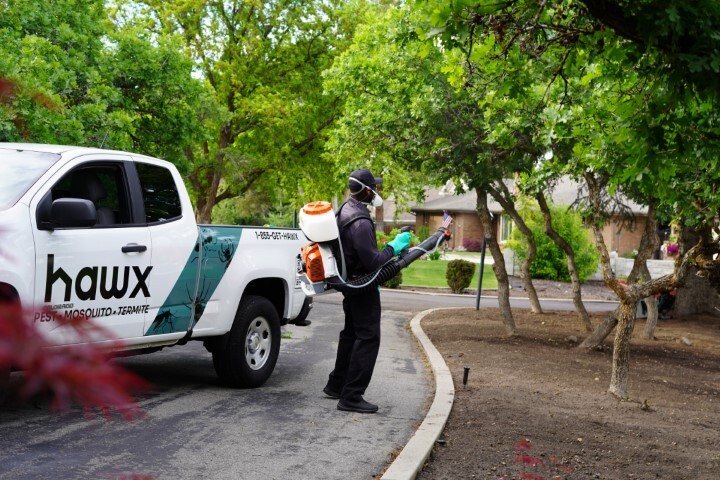Spider infestations can be unsettling and potentially dangerous, especially when dealing with venomous species. In Jacksonville, FL, various spider species pose a threat to both residential and commercial properties. This article aims to explore the importance of spider control, identify common spider species found in the area, discuss prevention techniques, delve into effective control methods, and highlight the role of professional spider control services to get Pest Control Jacksonville FL.
Identification of Common Spider Species
Black Widow Spiders
Black widow spiders, known for their shiny black appearance and red hourglass marking, are one of the most notorious venomous spiders in Jacksonville. These spiders prefer dark and secluded areas such as woodpiles, basements, and garages. Their venom contains neurotoxins that can cause severe health issues, including muscle spasms and respiratory distress.
Brown Recluse Spiders
Brown recluse spiders are identified by their violin-shaped marking on the cephalothorax. They tend to hide in undisturbed areas such as closets, attics, and storage spaces. While their venom is cytotoxic and can cause tissue necrosis, brown recluse spider bites are rare but can result in serious medical complications if left untreated.
Wolf Spiders
Wolf spiders are robust and agile hunters known for their excellent vision and hunting prowess. They do not spin webs but actively hunt for prey, often found in grassy areas, gardens, and under debris. While wolf spider bites are generally non-lethal, they can cause localized pain, swelling, and irritation in humans.
Spider Prevention Techniques
Habitat Modification
To deter spiders from entering homes and buildings, it’s essential to eliminate their preferred habitats. This includes removing clutter and debris from indoor and outdoor spaces, sealing potential entry points such as cracks and gaps in walls and foundations, and implementing outdoor lighting strategies to reduce spider activity.
Reduction of Prey Sources
Spiders feed on insects, so reducing insect populations can indirectly control spider infestations. Implementing regular cleaning practices to remove food sources and debris, controlling insect populations through integrated pest management (IPM) strategies, and managing vegetation around the property can help minimize spider prey sources.
Use of Spider Repellents
Various spider repellents are available, including natural remedies such as essential oils (e.g., peppermint, citrus) and commercial repellent products containing ingredients like diatomaceous earth or pyrethrin. Additionally, DIY repellent recipes using household ingredients like vinegar or garlic can help repel spiders from indoor and outdoor areas.
Effective Spider Control Methods
Chemical Control Options
In severe infestations, chemical control methods may be necessary to eliminate spiders effectively. This includes using insecticides and sprays specifically formulated for spider control, applying dusts and powders to cracks and crevices where spiders hide, and seeking professional treatment services for comprehensive spider control solutions.
Physical Removal Techniques
For minor infestations or individual spider sightings, physical removal techniques can be effective. This includes vacuuming or sweeping spiders and their webs, manually extracting spiders using gloves or tweezers, and using trapping devices such as sticky traps or glue boards to capture spiders.
Integrated Pest Management (IPM) Approach
An integrated pest management approach combines various control methods to achieve long-term spider control while minimizing environmental impact. This includes integrating chemical, physical, and cultural control strategies, conducting regular monitoring and inspections to assess spider activity, and implementing sustainable practices for ongoing spider management.
Professional Spider Control Services
Importance of Professional Intervention
Professional spider control services offer expertise in spider identification, tailored treatment plans based on the severity of the infestation, and compliance with safety regulations. Hiring certified pest control technicians ensures the safe and effective elimination of spiders from residential and commercial properties.
Hiring Certified Pest Control Technicians
Certified pest control technicians undergo extensive training in spider biology and behavior, enabling them to identify spider species accurately and implement appropriate treatment methods. They utilize specialized equipment and adhere to safety protocols to ensure the successful eradication of spiders while minimizing risks to occupants.
Long-Term Spider Control Solutions
Professional spider control services provide long-term solutions through ongoing maintenance programs, follow-up inspections, and treatments. They offer customer support and satisfaction guarantees, ensuring that properties remain spider-free and occupants are protected from potential health risks associated with spider infestations.

Leave a Reply